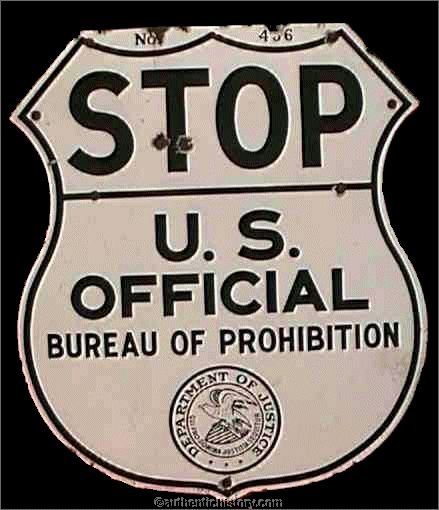
Don’t look now, but alcohol is in danger of becoming the next tobacco or marijuana. Armed with a new set of studies showing that drinking ANY alcohol is unhealthy, governments around the world are eyeing new sets of regulations. If you thought alcohol was taxed enough already, strap on your seat belt, ladies and gentlemen.
Unfortunately, governments are ignoring the fact that banning and taxing things has not worked well. If there is a health danger to drinking alcohol, it would be far better to let society discuss this issue and decide how to address it. Social change is more effective than regulation.
Alcohol is very costly for society. If there is an area of the economy that deserves more regulation and taxation, maybe this is it. But the top-down wars against drugs and prostitution haven’t gone all that well. The problems these bans were intended to alleviate simply continued in an underground or black market dominated by organized crime.
Change should come from society and not from government.
In fact, history shows that the most successful prohibition-type campaign was society’s pushback against drunk driving. That was a citizen-led campaign to change society and have government follow, not the other way around. In the United States in 1980, some 25,000 people were killed by drunk drivers. By 2014, that number had fallen to 9,900. Meanwhile, we’re still spending billions of dollars to fight against drugs, which hasn’t helped society’s drug problem much at all.
Top-down government solutions have not worked. Bottom-up citizen-led solutions have been much more successful. Maybe that’s what’s needed again now.
Banning or Overtaxing Booze is Not a Solution. What We Need is Social Consensus. That’s How Drunk-Driving Fatalities Were Cut By More Than 50% While the Top-Down Drug War Still Rages On
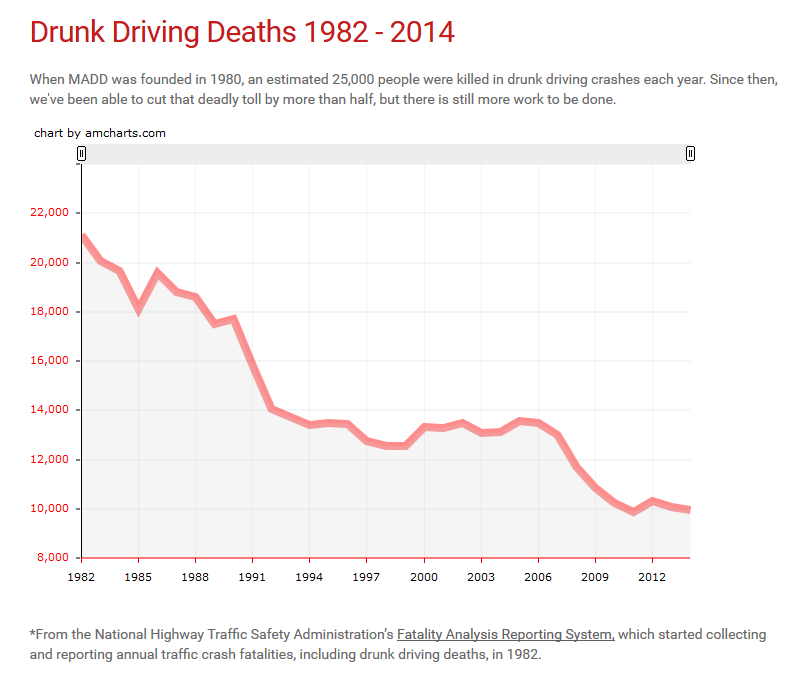
Banning or over-taxing a sinful practice does not make it go away. It leads to a black market, organized crime, and a stigmatization for the people who have dependency problems. As a society, we would be better off admitting that we have a drinking problem and entering into a mature discussion of how best to address it.
Isn’t this how we cut down on drunk driving? When I was younger, people drove drunk and laughed about it. Drunk driving was socially acceptable. But society learned how dangerous this was and began to expect a new community standard. Behaviors changed. Today, we know that a drunk driver is the equivalent of a lethal weapon on the roadways and people do not laugh anymore.
WE did that. Society achieved a better result in limiting drunk driving. The laws simply backed up that consensus and a means to enforce social consensus, but that victory didn’t start with laws. It came from people and organizations like Mothers Against Drunk Driving (MADD) recognizing the problem and educating others that it was a bad idea.
And in the end, while drugs and prostitution are still just as bad as they ever were, society has managed to cut down significantly on drunk driving (reducing drunk driving fatalities by more than 50% in less than three decades).
To a lesser extent, the same kind of public campaign and social change has succeeded in limiting cigarette smoking, though the evidence there is more muddled by a shorter time frame and additional government regulation. If you’re in need of other examples, then look at society’s eating habits and how we’ve generally moved towards healthier foods, which are now prevalent in grocery stores and fast food restaurants that never used to carry them.
If we’re serious about limiting alcohol consumption, we need a mature response from society. We do not need governments jumping out ahead of society to create new regulations just for the purpose of taxing people and further controlling the private sector. Real change can only come from society itself.
Alcohol Can Be Very Harmful
Alcohol can ruin peoples’ lives. Some get addicted to drinking or make the bad decision to drink and drive. They may live to regret it, they may die, or they may kill someone else. As with any powerful substance, alcohol should be consumed in moderation. For various physical or emotional reasons, some people have a hard time following those limits.
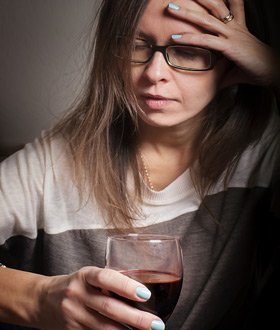
I accept that alcohol can be very harmful. Personally, I’ll have the occasional beer or wine, but I can take it or leave it. I don’t touch hard alcohol. We all have our struggles in life. I have plenty of other problems, but booze is not one of them. Yet I truly understand why some people think alcohol is dangerous, harmful or even evil.
Have A Drink – It’s Good For You!
What if there were a major scientific study concluding that your product was good for people? Wouldn’t that give people another reason to buy it? If governments were trying to pass laws and tax it more heavily, they might be persuaded not to do so if your product makes people healthier.
Hard drinking is not good for you. We can agree on that. But haven’t you heard that social drinking is acceptable? Don’t you know that people are healthier when they have light to moderate doses of alcohol? One or two drinks a day is fine, right?
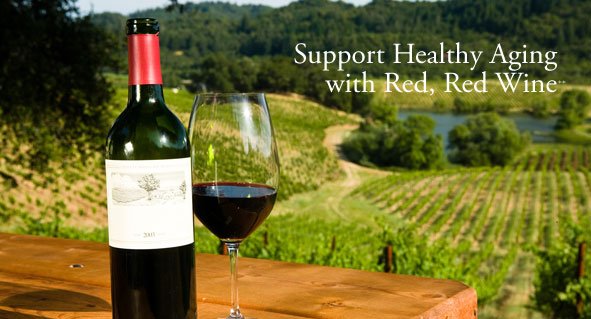
Decades ago, a doctor named Arthur Klatsky published a study showing that light to moderate doses of alcohol are healthy. And the beverage industry, which thrives on selling wine and beer and other spirits to people, jumped all over this study. They publicized Klatsky’s work widely and he continued to publish additional follow up work confirming that a little alcohol is good for the body. Alcohol companies re-focused their advertising on this premise that one drink or two per day can make you healthier.
And they used this as a basis for their lobbying efforts to change the laws and regulations of powerful governments. For example, the U.S. Department of Health and Human Services changed its dietary guidelines from saying alcohol had “no health benefits” to saying that it does have health benefits, including a decreased risk in heart disease. Harvard School of Public Health doubled down, listing a range of ailments that might be helped by moderate amounts of drinking.
The “health halo” of alcohol was born, a buzz that has continued until now.
Don’t Drink Any Amount of Alcohol – It’s Bad For You
What if that balloon deflated? Given all the terrible effects that alcohol has on the human body and on society, what would happen if the evidence of a health benefit evaporated? Would it be like Oprah Winfrey endorsing someone’s book, even a bad book, and then pulling away her endorsement?
That is happening now with alcohol. The World Health Organization (WHO) released a study that isolated other possible factors contributing to health, such as diet and exercise. It focused much more clearly on the effects of drinking alcohol. What remained was a clear link between alcohol and health.
This time, the link isn’t a good one. Alcohol can cause cancer.
Modern medicine makes many things possible, including more targeted research that can eliminate other possible factors. Today, a growing body of research shows that alcohol leads to cancer and other health problems. It seems that drinking even light to moderate amounts can be harmful to one’s health.
Earlier this year, the United Kingdom’s Chief Medical Officer Sally Davies came out and said publicly, “there is no safe level of drinking.”
Ouch.
What makes this worse for the beverage industry is that alcohol is a harmful product to begin with. It costs society a lot of amount of money every year to deal with the negative effects of alcohol, from petty arrests to drunk driving to health impacts from overconsumption to domestic violence and many other awful things that wouldn’t happen as often if people drank less. So when you strip away any potential health benefit, alcohol’s net impact on society may be a very negative one. Cigarette, anyone?
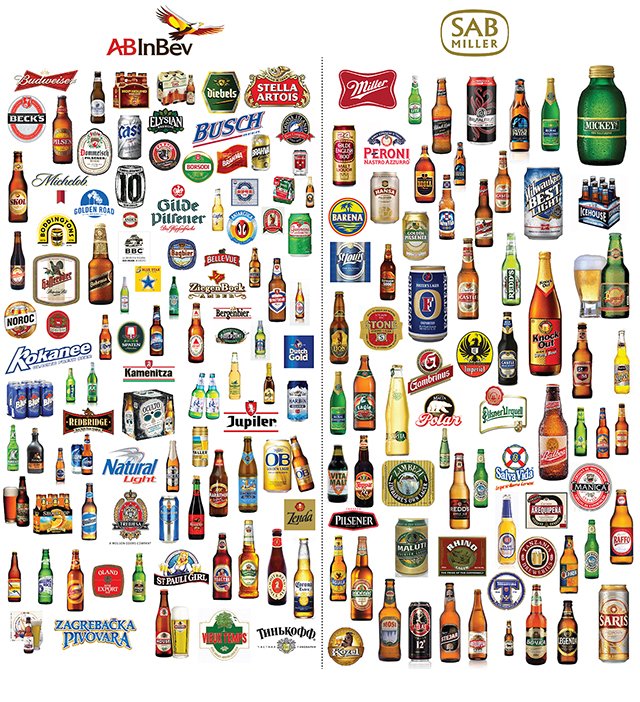
The Beverage Industry Mobilizes
The alcoholic beverage industry is in danger of losing its “health halo”, according to Sarah Longwell of the American Beverage Institute.
“We can’t let them gain traction,” said Beer Institute President Jim McGreevy at a conference earlier this year.
The Wall Street Journal reported that the United States, Russia, the United Kingdom, Australia, and South Korea have all lowered their maximum recommended standards for drinking or are eyeing greater regulation. In many countries, additional laws are being proposed.
Governments are again spreading the wisdom that increasing taxes lowers consumption. This is true, but that doesn’t make it the best solution. It’s the sort of top-down solution that hasn’t worked that well in practice.
The Daily Caller reported that big alcohol companies are planning their own round of studies. AB InBev, Diageo, Heineken NV and Pernod Ricard SV are ready to spend $55 million to show that alcohol has positive effects on health. This research will last six years and will focus on heart disease, stroke, and diabetes.
It will not cover cancer, which is the main link found by the WHO and other recent studies. How convenient that they left that one out.
Governments and Companies: Let Us Decide
Not everyone is convinced that light to moderate drinking is harmful. Perhaps it has a greater impact on those with certain genetic profiles or health disorders, leaving others with fewer or no harmful effects. For example, 20-40% of the population in East Asia has a genetic “defect” in that those people cannot metabolize acetaldehyde, which is the main product of metabolizing alcohol. If alcohol is more harmful to certain people, then perhaps a study that factors in these quirks might reach a different overall conclusion in regards to the remainder of the population.
Successful social change begins with good data and we’re starting to get that now on the links between alcohol and health. More research is needed. If there is a problem, as there may be, then society must recognize that and discuss how to respond. As always, there will be vocal individuals and organizations set up solely for the purpose of influencing public opinion, but people will make their own decisions.
Over time, peoples’ opinions and practices will adapt to fit a new reality. Given that this issue involves diet and health, people may begin adapting to the new evidence much more quickly than they do on other political and social issues. And for that, we don’t need government or corporations telling us to buy alcohol or stop buying alcohol. What doesn’t make sense is for governments to start banning and taxing things without any consensus from society, just as it doesn’t make sense for corporations to create new studies just to sell their products.
Let us decide for ourselves.

-Peace, Richard, @steemship
Sources:
Klatsky study: http://www.ncbi.nlm.nih.gov/pubmed/10890794
Daily Caller Article: http://dailycaller.com/2016/08/23/world-health-agencies-deny-decades-old-science-on-alcohols-benefits/
Alcohol’s Effects on the Body: https://www.niaaa.nih.gov/alcohol-health/alcohols-effects-body
WSJ article: http://www.wsj.com/articles/with-moderate-drinking-under-fire-alcohol-companies-go-on-offensive-1471889160
Spectator: http://health.spectator.co.uk/moderate-drinkers-dont-stop-the-health-benefits-are-clear-the-cancer-risk-is-not/
